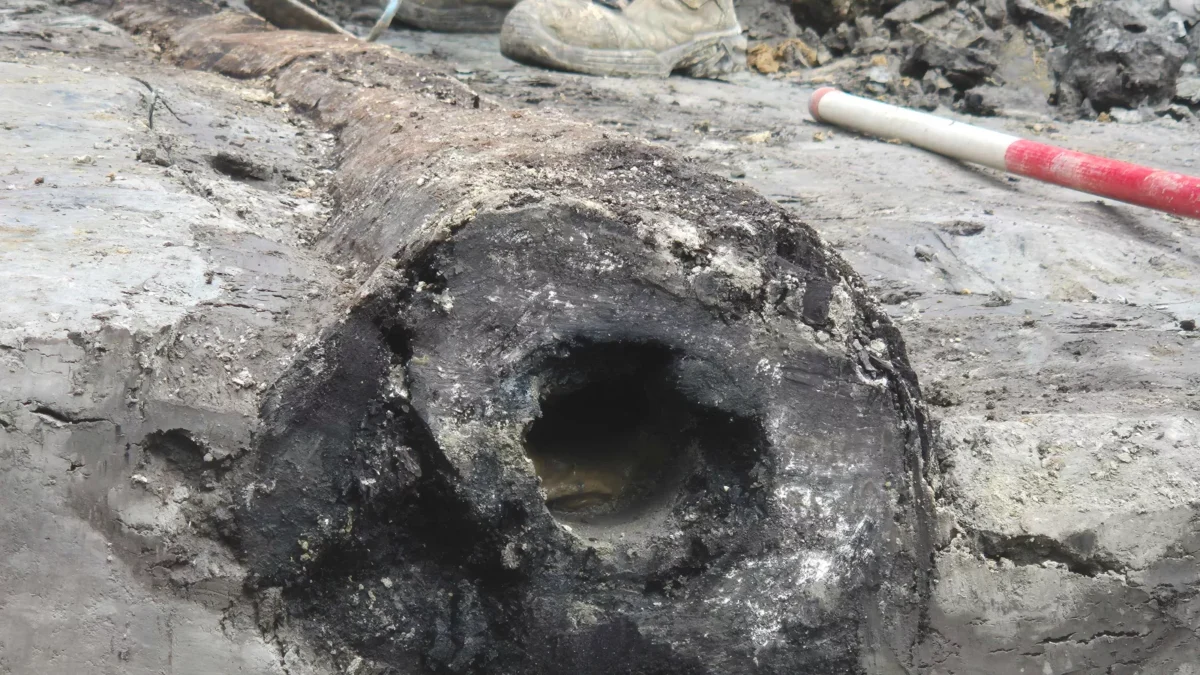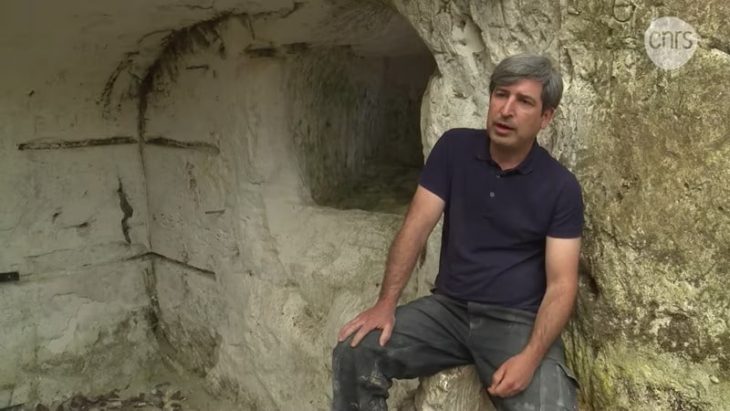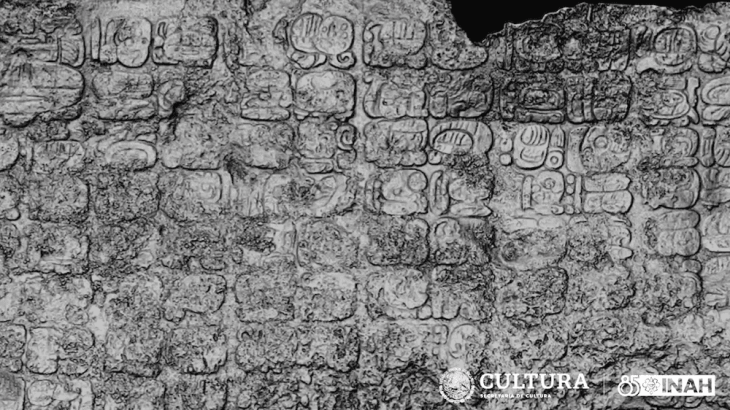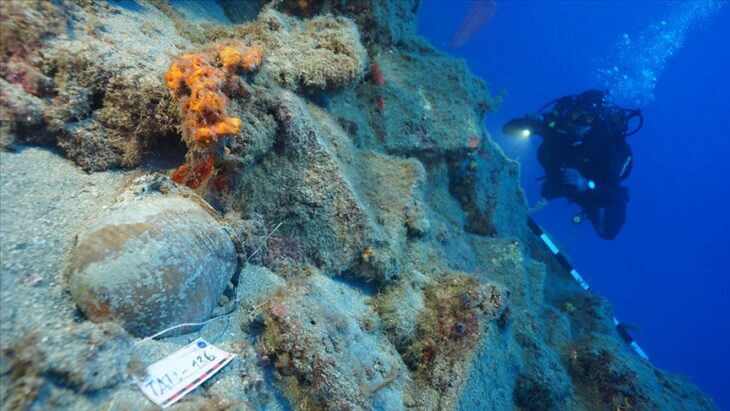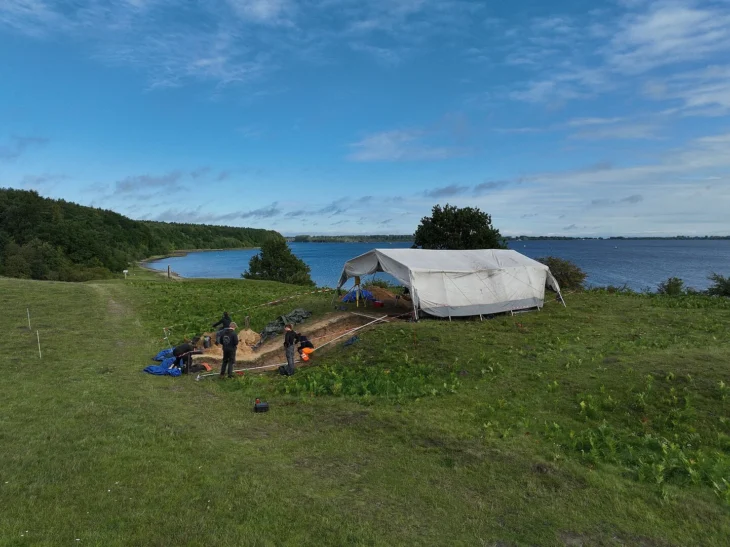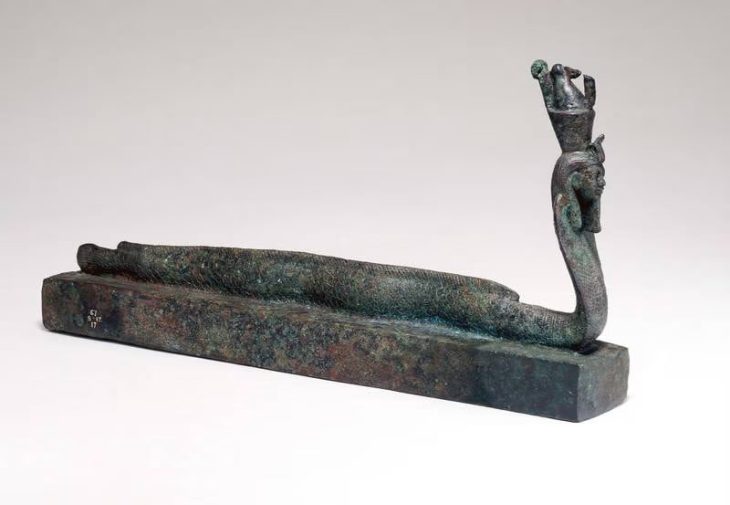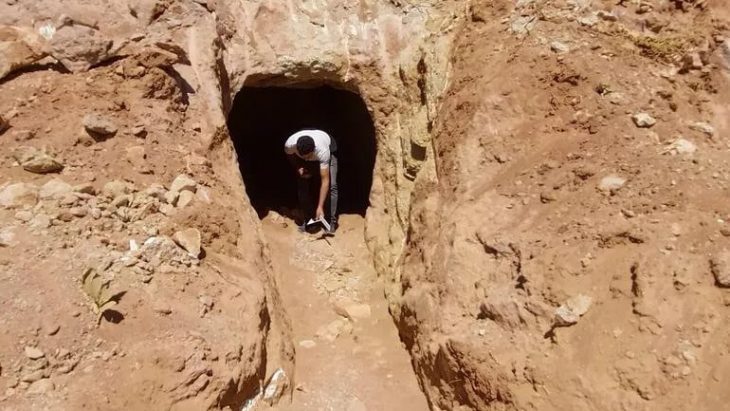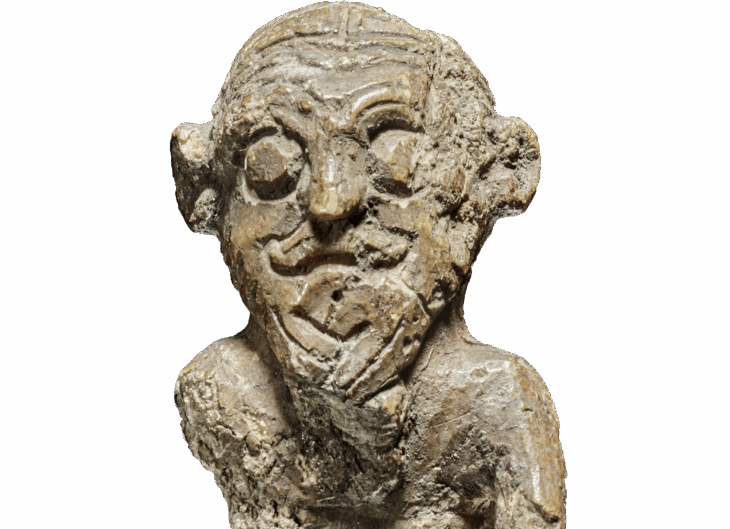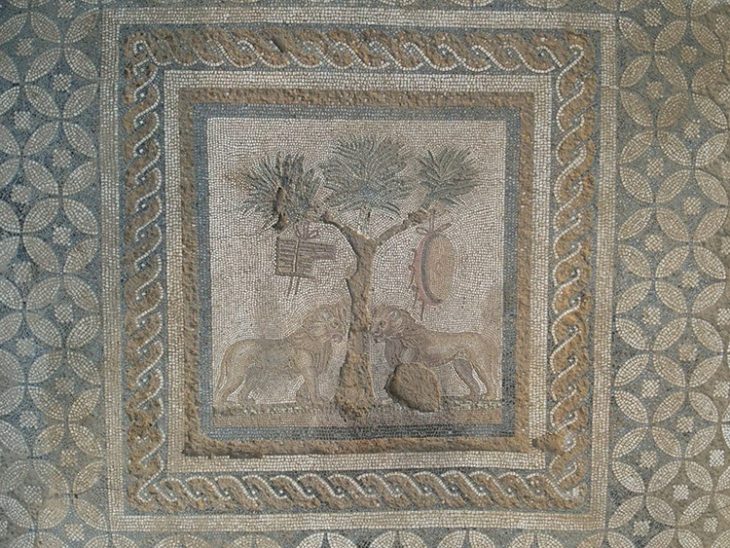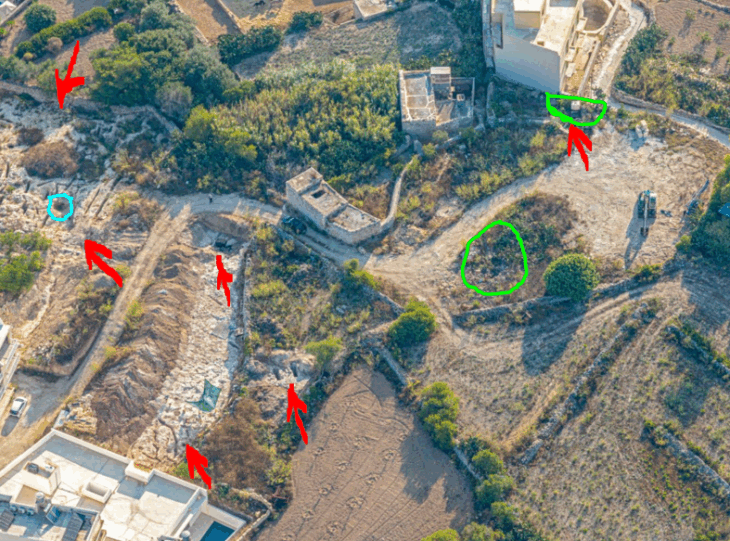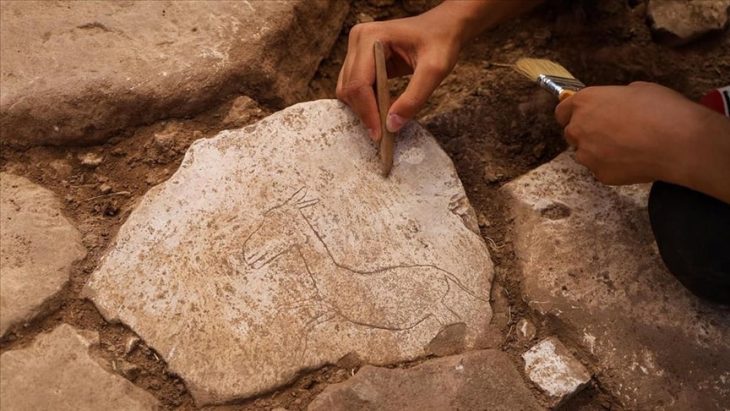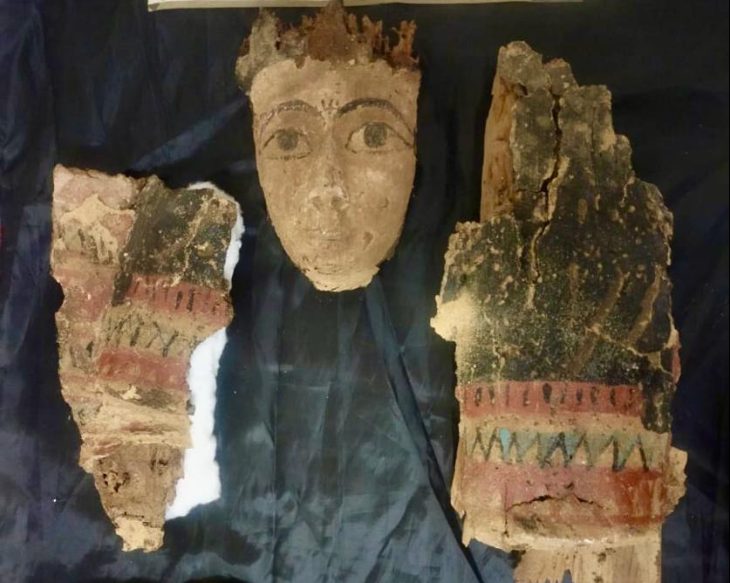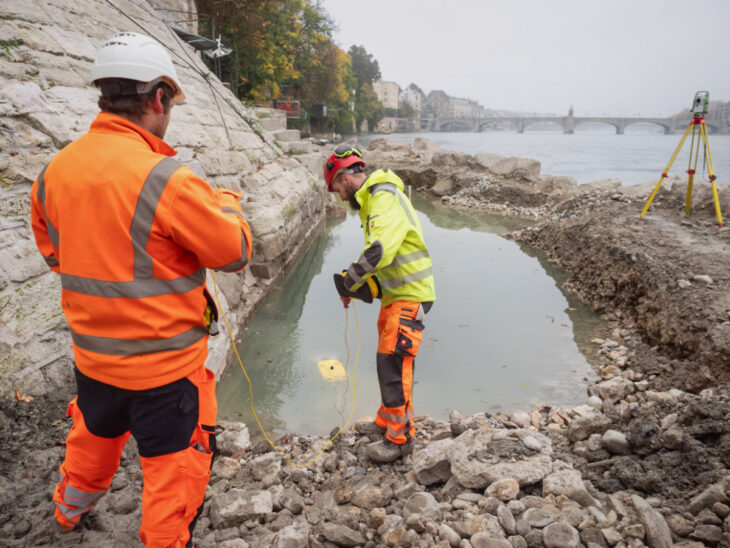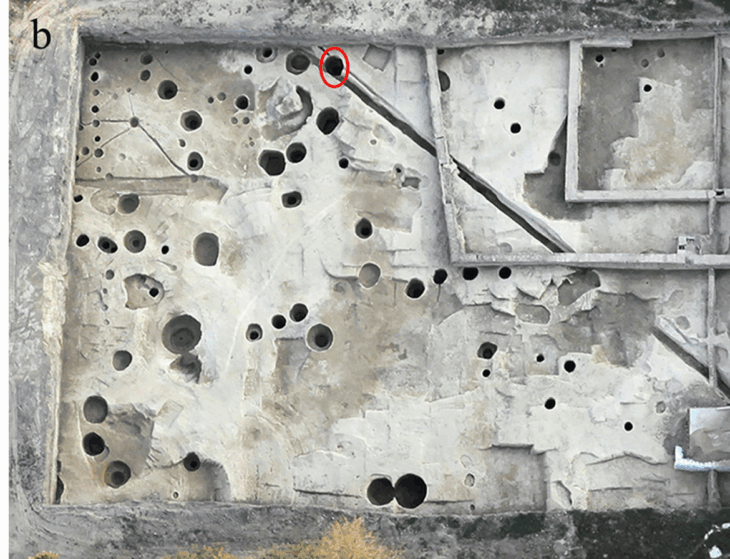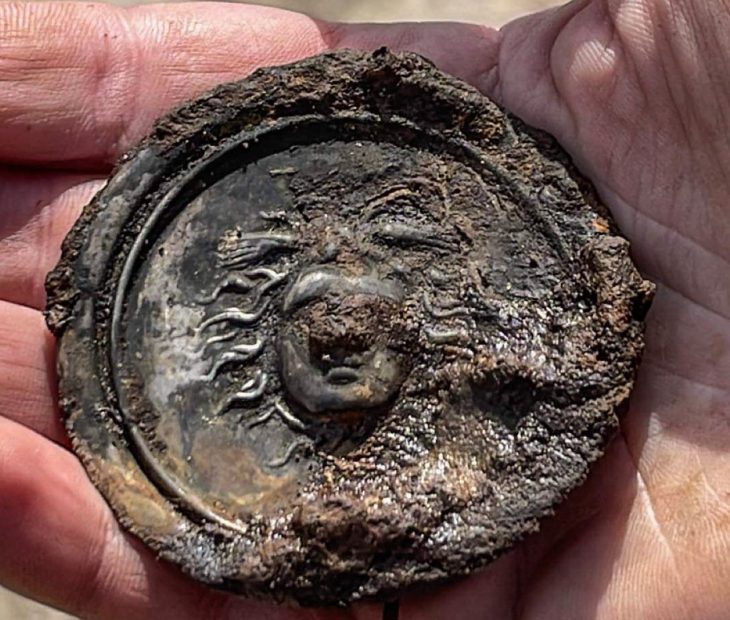Nestled in the Flanders region of Belgium, not far from the country’s capital, Brussels, the charming city of Leuven is known today for its prestigious Katholieke Universiteit Leuven (KU Leuven), its lively student atmosphere, and as the global headquarters of the world-renowned AB InBev brewery. However, beneath the surface of this bustling modern city, recent construction on the Brusselsestraat has revealed a significant find: a remarkably well-preserved wooden water pipe from the Roman era, providing a fascinating window into Leuven’s ancient past.
Archaeologists have discovered a remarkably well-preserved wooden water pipe dating back to the Roman era, a find the city council has enthusiastically described as “unique and exceptional.”
Speaking to VRT, Project Leader Ben Van Genechten said, “At first, we didn’t really understand what it meant, but when we saw the other tree trunks lying around, we realized it was a very old water pipe.”
The significant discovery occurred at the ‘Blauwe Hoek’ area, the site of ongoing construction for a new student residence. As a standard procedure before such developments, an archaeological survey was conducted, revealing a substantial wooden pipeline stretching between 20 to 30 meters in length. This ancient conduit, found approximately four meters below the surface, is composed of interconnected hollowed-out tree trunks, each roughly 1.75 meters long. Adding to the intrigue, the remnants of what appears to be a Roman-era pumping system were also found in the vicinity.
While the occasional discovery of wooden water pipes has been documented in other Belgian towns with Roman heritage, such as Tienen and Tongeren, these relics are often significantly deteriorated due to the passage of time and soil conditions. However, the Leuven discovery stands out due to its exceptional state of preservation. Dirk Vansina (CD&V), a local alderman, explained the remarkable condition, stating, “We are in a valley, basically a swamp. Because the wood was cut off from oxygen, it remained intact.” The waterlogged and marshy soil conditions effectively created an anaerobic environment, preventing the typical decay of the organic material.
📣 Our WhatsApp channel is now LIVE! Stay up-to-date with the latest news and updates, just click here to follow us on WhatsApp and never miss a thing!!
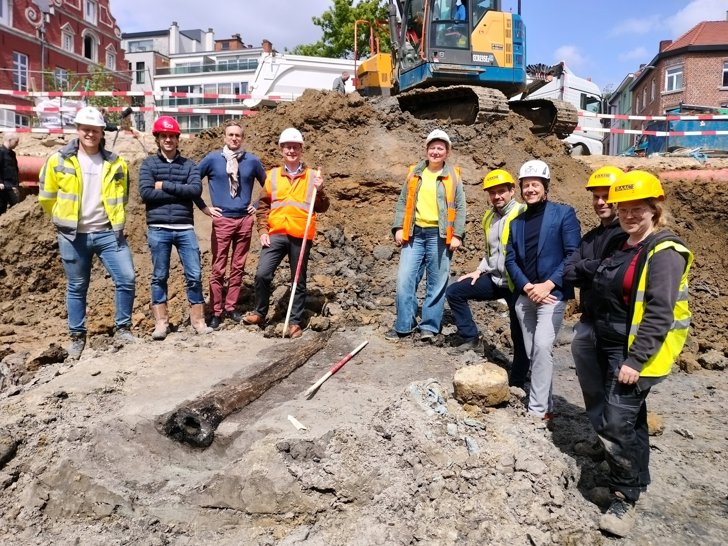
Based on its stratigraphic position beneath a layer of Roman-era soil, experts believe the wooden pipe dates from the 1st to the 3rd century AD. To pinpoint its exact age, dendrochronology, or tree-ring analysis, will be employed. This groundbreaking find offers compelling evidence that the area was once a thriving Roman settlement. The fertile valley and access to water would have made it an attractive location for a settlement.
The presence of such sophisticated infrastructure as a water pipe indicates a certain level of prosperity and a well-established standard of living for the inhabitants of ancient Leuven. Roman settlements typically featured such amenities to support their communities, highlighting the importance of this location in the Roman province.
The ancient logs will now be carefully excavated and transported for thorough study and conservation. There is anticipation that these remarkable artifacts will be displayed in the future, offering the public a tangible connection to Leuven’s distant past.
In addition to the water pipe, the archaeological dig has also yielded other Roman artifacts, including fragments of pottery and roof tiles, further enriching our understanding of the settlement. Interestingly, the site also contains medieval remains, such as cesspits, coins, and pottery, illustrating the continued occupation and evolution of this area over centuries.
This extraordinary discovery underscores the rich historical tapestry woven into the very ground beneath Leuven. It serves as a powerful reminder that even as the city embraces its modern identity as a center of learning and innovation, its deep roots extend back to the era of Roman influence, leaving behind tangible clues to the lives and ingenuity of its earliest inhabitants. The ongoing analysis of these finds promises to shed further light on Leuven’s formative centuries and its place within the broader context of Roman Belgium.
Cover Image Credit: VRT

